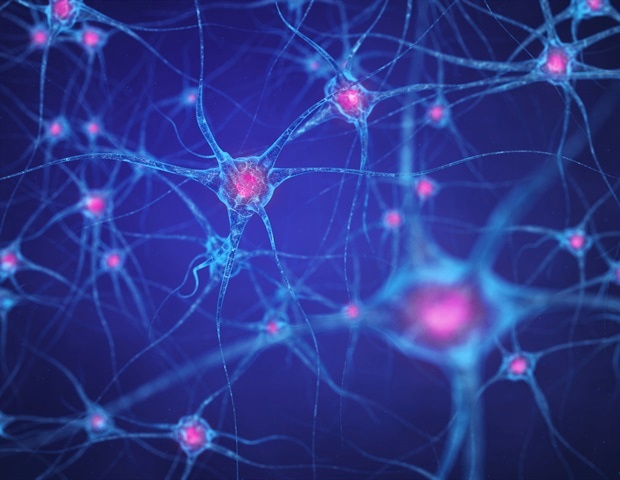Overview
- Two complementary studies published in May 2025 confirm that ezogabine, an FDA-approved anticonvulsant, modulates KCNQ potassium channels to normalize brain activity in patients with depression and anhedonia.
- Functional MRI analyses demonstrate that ezogabine reduces hyperactivity in the ventral tegmental area, a brain region critical for reward and motivation, offering a novel therapeutic mechanism.
- The drug decreases connectivity between reward centers and self-referential regions, with greater reductions correlating with improved depressive symptoms and hedonic capacity.
- Initial clinical trials showed significant improvements in depressive symptoms, and researchers are now planning larger trials to confirm efficacy and evaluate safety.
- Mount Sinai researchers have filed a patent for the use of ezogabine and related compounds, signaling potential future commercialization of this novel treatment approach.
